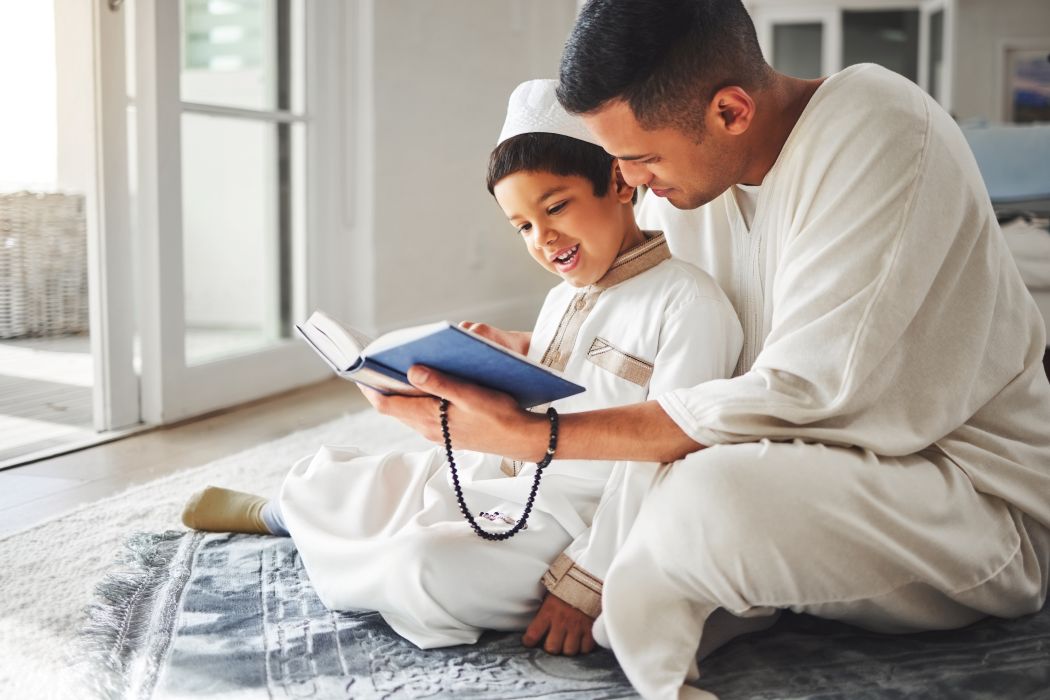Everyone has seen some type of role-playing by children. The cry of, “Let’s pretend”, is commonly heard wherever little ones are found. Children will become swashbuckling heroic figures or even animals from the jungle. Elephants, tigers, lions, and bears are all great roles that almost all children have tried out at one time or another.
Usually, parents will notice this type of behaviour when a child is about two years of age. While we may think that this is just typical childhood fun, there is much more to this role-playing behaviour than just amusement. Researchers believe that this is actually a way that children develop many cognitive and social skills, and they consider this type of activity to be a milestone in their development. This is one of the ways that children test themselves in relation to the world.
Some children absolutely adore pretending to be super heroes, TV characters, or animals. Parents can take heart in the fact that studies are now showing that this activity may be even more important to younger kids than learning to count at a very early age. When children engage in role-playing they are learning how to interact with the environment and other people in many different ways. This helps them increase the activity in certain areas of the brain and parents should offer encouragement to these little entertainers.

For children, it is easy to engage in pretend play at any time of day. An empty juice or milk carton can quickly become building blocks or even a truck to be pushed around the floor. A small branch can become a lightsaber or a sword and the child can become a fierce warrior who is battling to save the planet. Children are natural actors and they always seize the chance to have grand adventures that they script for themselves.
Dollhouses are another great way for young children to role-play and they mimic their parents’ behaviour as they care for their doll family, cook, and clean the dolls’ home. Little girls, in particular, have great fun creating an entire world around their dollhouse. They will often pretend to be many characters other than just the Mum; and these include the roles of Dad, nanny, housekeeper, or neighbour.
Dressing up in costumes is another way that children enjoy testing their imagination and role-playing abilities. Little girls have great fun dressing up in sparkling gowns and dresses and pretending to be princesses or movie stars.
Little boys enjoy the chance to pretend that they are brave knights, fierce pirates, or flying heroes with superpowers that can save the world. Costumes that they can wear add extra excitement to these activities. While Halloween has long been a traditional time of costumed activity for most children, they actually love dressing up all year round. If they have no costumes to use, they will hunt through closets and boxes for hats, shoes, and clothing to use in this imaginative type of play.
Benefits of Pretend Play
Children have always learned from mimicking or duplicating the actions of others, including their parents and peers. Role-playing is simply a continuation of the learning. Recent researches have found that role playing will benefit your child in many ways.

1. Role-playing makes children more receptive
People enjoy playing, especially young children. If young children are motivated to play, learning through play would become even easier. When the child is playing, she feels relax and the level of stress decreases, thus making her more receptive to new ideas and suggestions.
2. Role-playing encourages critical thinking
Role-playing encourages the use of critical thinking because it involves analysing and problem solving, and therefore, role play is a cognitive learning method. It enables the child to relate to the process of acquiring knowledge by the use of reasoning, intuition, or perception.
3. Role-playing teaches the rules in society
Role-playing teaches many lessons; some of the most important lessons it teaches are lessons that are needed in society, such as competition, cooperation and empathy.

4. Role-playing helps children make decision
Participation in a role-play allows children to make decisions, and through the feedback they receive, the children see the results of their actions, and can therefore learn how to adjust their words and actions to produce more likeable results.
5. Role-playing enables interaction
Role-play allows for the interaction between classmates, and peers. It also allows introverted children to speak out. It helps to break down “cliques,” meaning that a child will be less likely to be excluded or regards as an outsider by a close group of friends with similar interests and goals.
6. Role-playing enables children to exchange knowledge
Role-play allows for the exchange of knowledge amongst children. Each child has different talents and skills. For instance, some may be good with numbers, while others may be good with languages. Role-playing enables them to intermingle with each other, which creates the opportunity for them to exchange ideas and knowledge. Meanwhile, the parents will also be able to see the various capabilities of their child at the same time.














